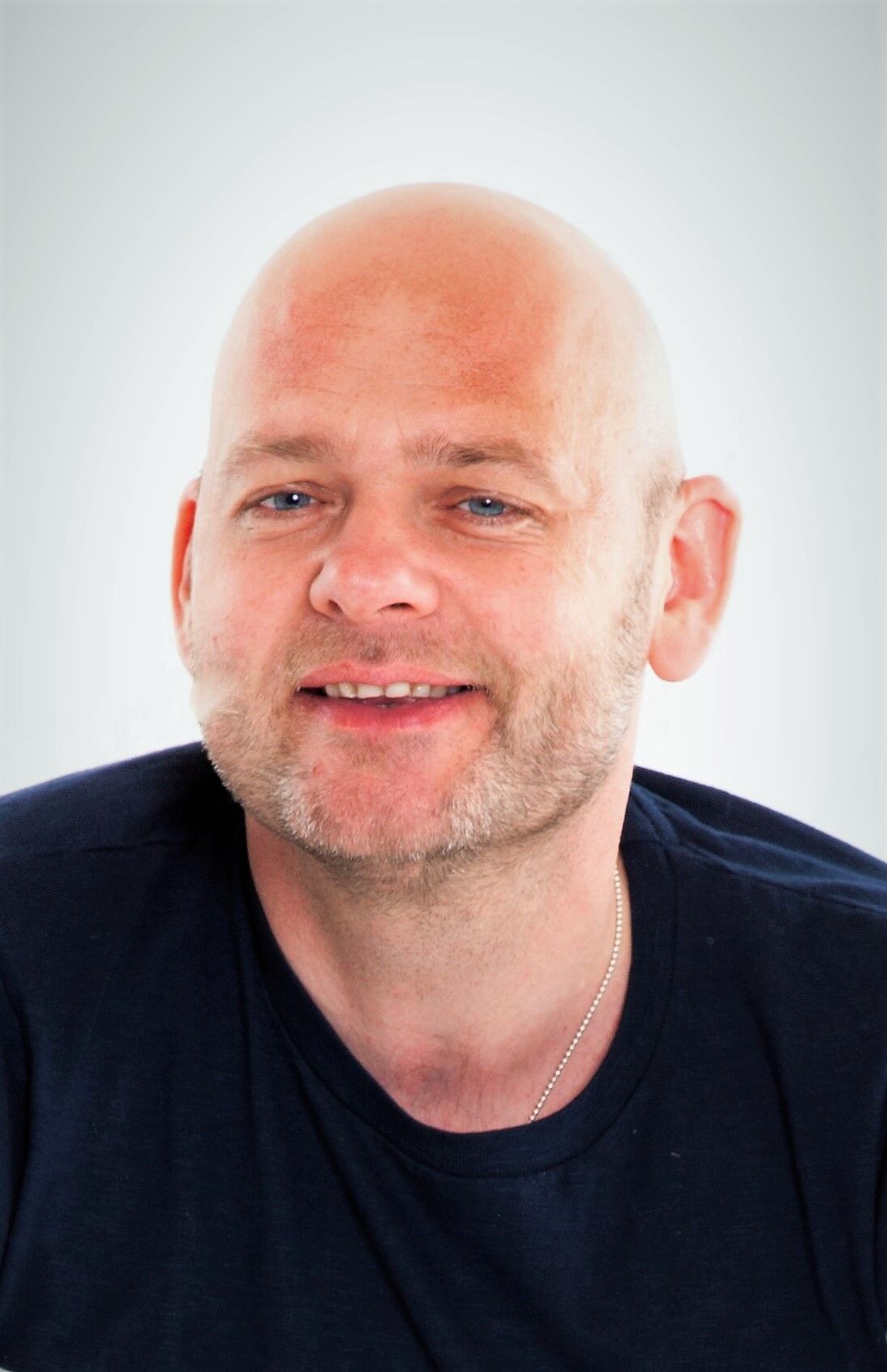Thompsons helped fund Simon’s role in North and West Yorkshire
Simon Bolton, 49, moved to Leeds to study nursing when he was 21 and has never looked back. We spoke with Mesothelioma UKs newest specialist asbestos nurse, whose role we helped fund, find out more about him and what makes him tick.
Why did you become a specialist asbestos nurse?
I’ve worked in lung cancer and mesothelioma for more than 16 years. To me, they are two very different diseases. Lung cancer has been a poor relation to many cancers in terms of research funding and access to support for many years. Recently, there’s been a greater recognition that these patients deserve more, and access to treatment has improved greatly. We’re now starting to see survival data improving as a result consequence.
Treatment for mesothelioma is some way behind lung cancer improvements and I want to be part of the wider team improving services for sufferers as most are living with a disease which has resulted from society’s failure to protect them from a substance that was known to be deadly more than a century ago.
What do you enjoy most about it?
In short, patient contact. With the help of the other lung cancer nurses across the region, I set up Mesothelioma Support Yorkshire (MESSY), almost nine years ago. We now regularly have 30-40 people attending the monthly meetings. The meetings have moved to a virtual platform and are two-weekly to provide additional support during the pandemic.
Bringing people together, who are living with this rare form of cancer, watching them share experiences and learn from one another makes me extremely proud.

Simon Bolton
What do you find the most challenging?
Mesothelioma is an incurable condition. The best we can do is to provide expert support and access to palliative treatments, while paving the way for improvements in the future. As doctors and nurses, we always want to achieve more.
Another challenge is trying to convince some that this work is worthwhile. There are actually people out there who don’t acknowledge the dangers of asbestos.
There are also some who don’t understand the complexities of caring for people who are facing a life limiting disease often as a consequence of occupational exposure to a deadly substance.
How has COVID affected what you do, are there any changes that you think are here to stay?
Like most people, COVID has affected what I do – both professionally and personally, of course. I’ve missed out on special family occasions, while I also had to forgo a trip to Australia, where I was due to present two projects at the International Mesothelioma Interest Group (iMiG) World Conference in March.
I really hope many of the restrictive changes aren’t here to stay and that we can return to normal in the near future.
I do think that there have been some positive changes, though, and that we have had to adapt and work in different ways, utilising more technology to allow us to meet virtually. I would say however, that there is no substitute for meeting face-to-face. We shouldn’t lose sight of that and the importance of human contact.
What impact has the coronavirus had on patients?
The pandemic has put a massive strain on NHS services and all of us working in cancer saw a huge drop in the number of suspected cancer referrals between April and June as people followed the government’s advice to stay home and stay safe. This has led to people not visiting their GPs and, ultimately, presenting with later stage diseases and in poorer physical condition, which limits treatment choices.
What has it meant to you to have your role funded? What impact has this had?
My role was previously funded two days per week, which allowed me to scratch the surface of what needs to be done to improve the care of mesothelioma patients in the West and North Yorkshire region. With a fully-funded, full-time post, my aim is not just to provide support to patients but also to develop an expert regional service, ensuring everyone affected by this terrible disease has equal access to care, support and treatments.
What would the consequences be for you if the role wasn’t funded?
Almost all mesothelioma nursing roles in the UK are charity funded, the vast majority by Mesothelioma UK. Without funding, those affected by mesothelioma would not have access to specialist support. Those living with asbestos-related cancer deserve to be supported by nurses who have the knowledge, expertise and who are aware of the latest treatment options including clinical trials.
What do you do in your spare time?
I stopped playing football a couple of years ago but still enjoy running, although my knees are starting to groan whenever I put my trainers on lately!
I love music and films. I’m really missing live gigs and festivals. I’ve taken full advantage of the lack of new cinema releases and seen lots of older classics on the big screen in between lockdowns.
If you weren’t a nurse, what would you be doing instead?
I grew up in the 70s when there was still lots of enthusiasm about space travel. One of my early memories is being dressed up as Neil Armstrong at the Queen’s Silver Jubilee celebrations in 1977. For the helmet, my dad cut out a section of a plastic bucket, sprayed it silver and shoved it on my head (I have the photos to prove it!). So, in answer to the question, I like to think if I wasn’t a nurse, I’d be an astronaut.
